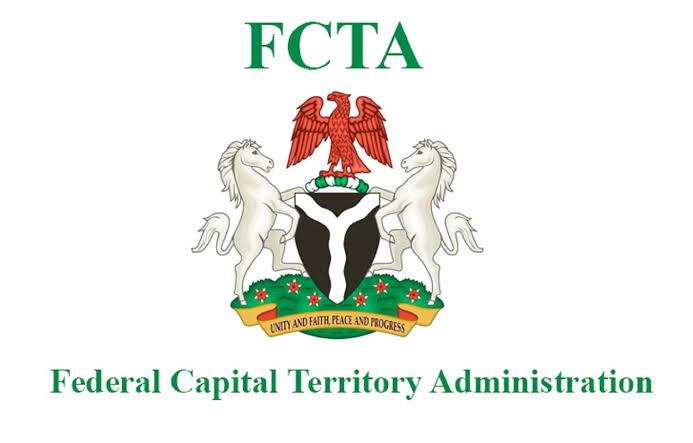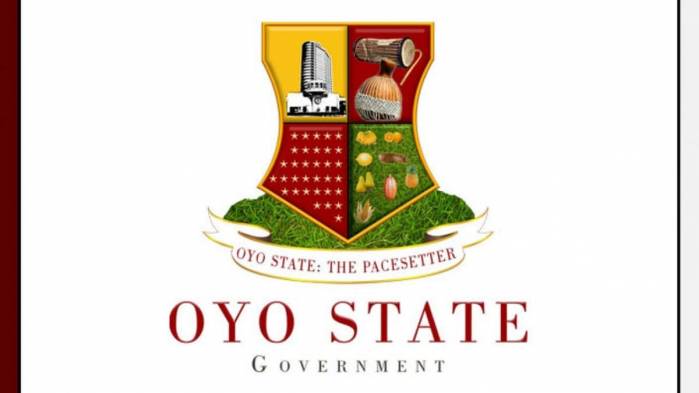The Asset Management Corporation of Nigeria (AMCON) said it has injected about N50 billion into the aviation industry.
AMCON also called on the Federal Government to provide bailout packages to airlines, saying that without it, the operators might be compelled to reduce their workforce, thereby increasing unemployment rate in the country.
The corporation said the funds were to stablise the operations of Arik Air, Aero Contractors and other indigenous carriers.
A statement by AMCON said the funds were injected into the airline sub-sector between 2012 and 2020.
Aminu Ismail, Executive Director, Operations, AMCON disclosed this during an interaction.
According to Ismail, AMCON’s intervention led to the purchase of about $1bn Non-Performing Loans (NPL’s) from Nigerian banks owed by Aero Contractors, Arik Air and others, which he did not name.
He explained that aviation sector accounted for about eight per cent of AMCON’s restructuring portfolio, noting that AMCON’s actions in restructuring the loans of airline operators protected a critical sector of the economy for Nigeria.
READ ALSO: N8.4bn Debt: AMCON Seizes 72 Luxury Flats, Shopping Complex, Lands
Given the critical nature of the essential services rendered to the economy by the sector, he explained that the intervention objective of the government recovery agency was to stabilise the operations of the airlines rather than realise the assets of the airlines in settlement of their outstanding debt.
In the process, he stated that the huge cash-flow, which was needed to run the sector effectively and efficiently, additional loan was further advanced for the purpose of providing support towards growth of the airlines, fleet expansion, job retention and job creation.
He, however, pointed out that when the airlines failed to repay the loans as agreed, the corporation was left with no other choice than to appoint Receiver Managers to manage the airlines, pending AMCON’s divestment.
He also highlighted the challenges faced by aviation in Nigeria given AMCON’s experience since it intervened in the sector.
He said: “Aviation in Nigeria has historically been fraught with many challenges, including poor capital structure, difficulty in accessing finance, difficulty in accessing cost effective leases, high insurance costs, difficulty in accessing FOREX for maintenance and spare parts, multiple taxation by government agencies, weak corporate governance structure, lack of airport infrastructure and very marginal share of the lucrative regional flights of under 20 per cent.”
With the advent of the dreaded Coronavirus (COVID-19) pandemic, Ismail said the challenges had tripled, meaning that the leadership of any airline that wanted to stay afloat must think differently and strategically to ensure that the airlines survived.












